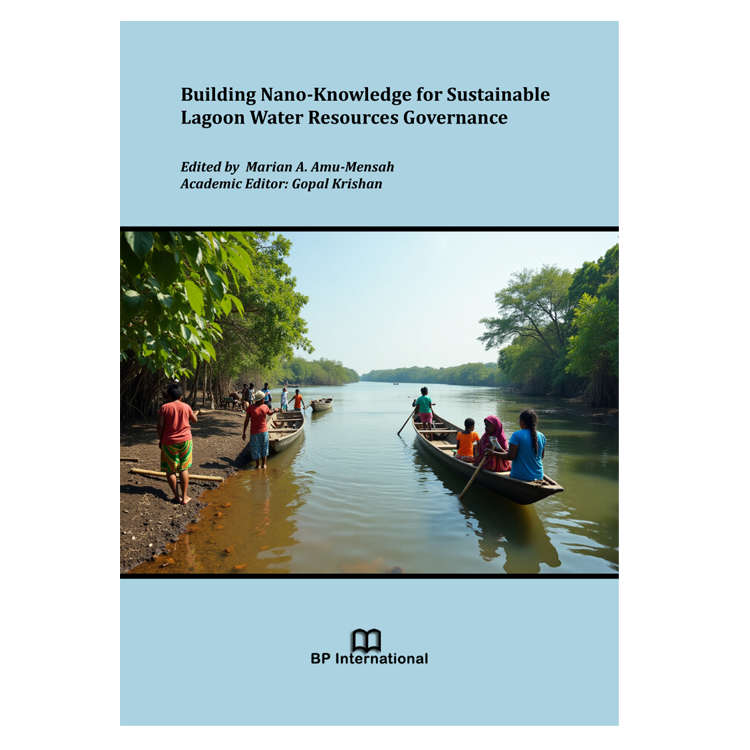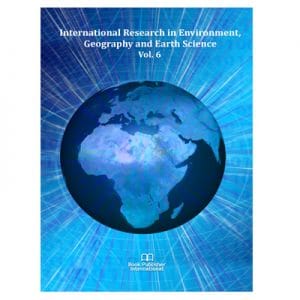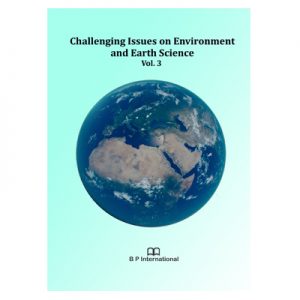In the delicate and dynamic context of lagoon ecosystems, the collection and development of policy from the minutest knowledge, often referred to as nano-knowledge, is not only important but essential for achieving effective, sustainable, and context-sensitive governance. The smallest unit of ecological and local knowledge, which is shaped by interactions with our natural environment, lived experiences, observations, and traditions, plays a vital role in developing policies that are both relevant and responsive. It is essential to acknowledge this knowledge as trends in science and technology increasingly focus on replicating experiments to maintain standards, measurements, and protocols that drive innovation. By integrating this rich and valuable nano-ecological knowledge into the scientific process, we can create solutions that are not only innovative but also considerate of the unique environmental contexts of the resources involved. This approach fosters a more holistic understanding that can enhance both scientific advancement and environmental sustainability. The unsustainable nature of current governance has contributed to the degradation of coastal lagoon ecosystems, which poses significant environmental and socio-economic challenges, particularly in regions where human activities intersect with fragile aquatic environments. This study explores the integration of fundamental or nano socio-ecological knowledge with existing governmental systems to promote sustainable water resource governance. Using a mixed-methods approach, 446 stakeholders across four coastal lagoon communities in Ghana and West Africa were surveyed through purposive, convenient, and snowball sampling. Data collection included in-depth interviews, observations, questionnaires, and physicochemical, bacteriological, and macroinvertebrate analyses of water and sediment samples from the lagoons. The findings reveal that key water quality parameters, such as conductivity, salinity, chloride, sodium, and potassium, exceeded recommended limits, while dissolved oxygen levels in some lagoons fell below the threshold necessary to sustain aquatic life. Bacteriological analysis indicated high faecal contamination, and macroinvertebrate assessments confirmed significant ecological degradation, particularly in Sakumo I and Mokwe Lagoons. The study highlights the importance of enhancing the integration of comprehensive data and traditional conservation knowledge into policy-making related to lagoons. By improving the quality and availability of this crucial information, we can better address the challenges facing lagoon environments and promote sustainable development practices. This approach can help mitigate the negative impacts of land reclamation, resort construction, and commercial tidal gate operations, leading to more balanced and environmentally friendly solutions. A theoretical analysis based on Social Cognitive Theory, Evolutionary Governance Theory, and the Socio-Hydrological Framework underscores the complex interplay between human behaviour, governance structures, and ecological resilience. Statistical correlations indicate a weak relationship between formal education and decision-making, highlighting the importance of incorporating localized “nano-knowledge” into governance frameworks. Additionally, demographic factors such as ethnicity, religious beliefs, and years of community residence were found to influence environmental stewardship, aligning with theories of adaptive governance and ecosystem-based management. The study advocates for a constructive, multidisciplinary approach to lagoon governance that harmonizes economic development with ecological preservation. By integrating traditional knowledge systems with scientific research, enhancing community engagement, and strengthening policy enforcement, we can effectively improve resilience and sustain water resources. These findings highlight the importance of developing context-sensitive, participatory governance models that recognize socio-hydrological dynamics and promote the sustainability of lagoon ecosystems. This approach paves the way for a more balanced and inclusive strategy that benefits both the environment and local communities.
Building Nano-Knowledge for Sustainable Lagoon Water Resources Governance
Edited by
Marian A. Amu-Mensah
CSIR Water Research Institute, Accra, Ghana.
Academic Editor
Gopal Krishan
National Institute of Hydrology, India.
Book Details
| Edited by | Marian A. Amu-Mensah |
|---|---|
| Pages | 80 |
| Publisher | BP International |
| Language | English |
| ISBN-13 (15) | 978-93-49729-93-3 (Print) |
| Published | April 18, 2025 |





